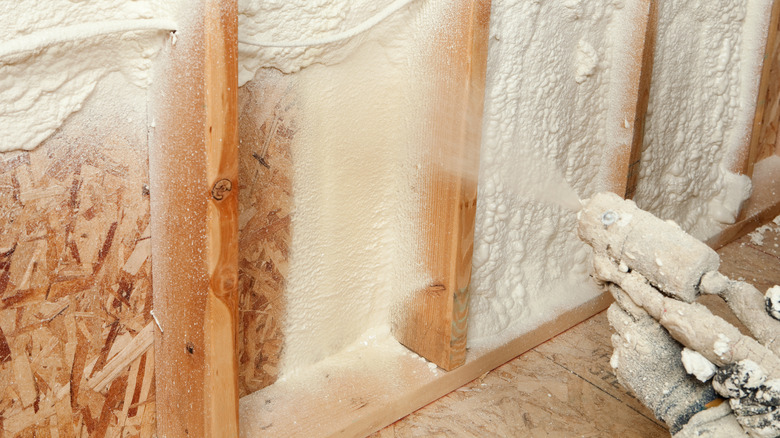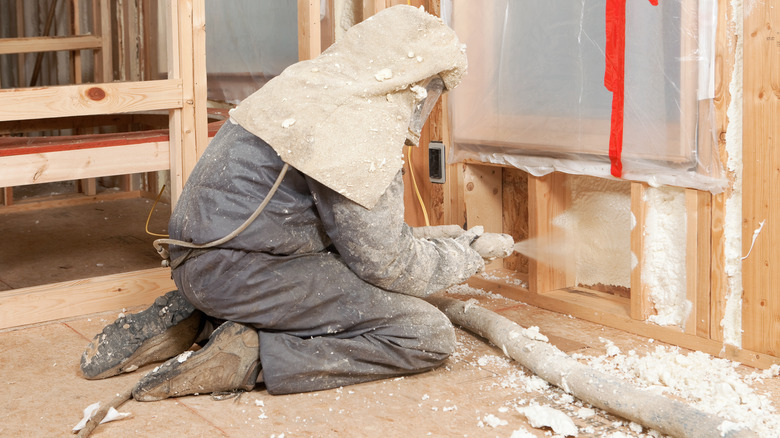Why You Should Think Twice About Using DIY Spray Foam Insulation Kits
Adding insulation to your home is often worthwhile. It may reduce energy loss, create a more comfortable space, and lower noise levels. Spray foam is one option for quickly adding insulation to a space. While this service used to be one provided by just professionals, there are now DIY spray foam insulation kits available on the market that could provide the expectation of a fast, easy way to update the insulation in a home, but that's not always the case.
The application method for spay foam makes it one of the best choices for boosting efficiencies in your home. It can seal up cavities and grooves throughout attic spaces, basement walls, and crawlspaces by going on in a liquid-like form. It instantly expands, filling in all of the open spaces to lock out air loss. The product is made up of polyurethane foam, a type of plastic material that's capable of being sprayed into place. Several product options exist, including those with high, medium, and low destiny, all selected based on the area's needs.
DIY products don't typically require expensive equipment or precision skills to help them work, but they do need to be applied properly. Spray foam kits don't always meet safety and fire codes, especially if not installed by a licensed professional. More so, the application process requires skill to minimize fire risks when using it and to avoid health hazards.
The downsides of using DIY spray foam installation kits
The first reason to think twice about using DIY spray foam installation kits is that they may not be safe to use. The kits shouldn't be used without proper protective gear, including goggles and gloves, since the chemical itself is dangerous. You also need to heed any warnings to stay out of the home until it fully dries and cures since breathing in these fumes is not always safe. Spraying these products can also pose a fire risk since the vapor coming out of the can is flammable. Spraying it near an open flame, like the pilot light of your water heater, can lead to an explosion and fire.
Also important for those still daring to take on this project is that these products do not always equal commercially installed insulation. They may not stick to the location placed, making them fully ineffective, and sometimes, the materials in the canisters don't mix properly to provide the right level of protection. Without proper training and application, any real benefit of applying the spray foam is lost, making these kits a waste of time and money. There's also the mess to clean up when things don't go well, and, ultimately, you still have to spend money on the installation kit, which can range in price from $300 to $400 for a limited treatment area. These considerations may make turning to a professional the better option.

